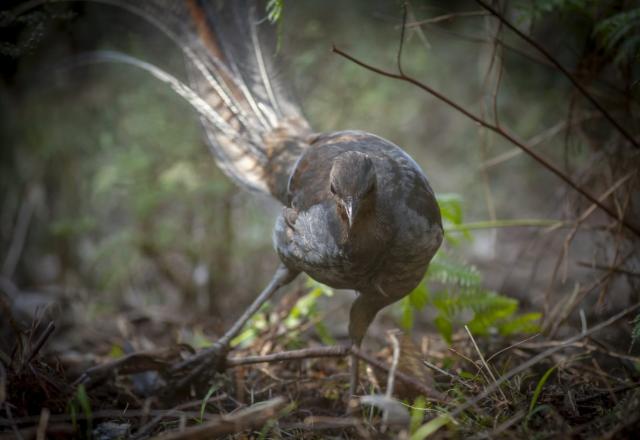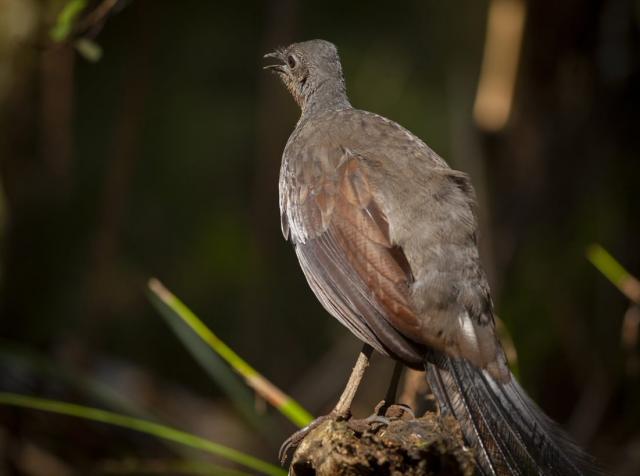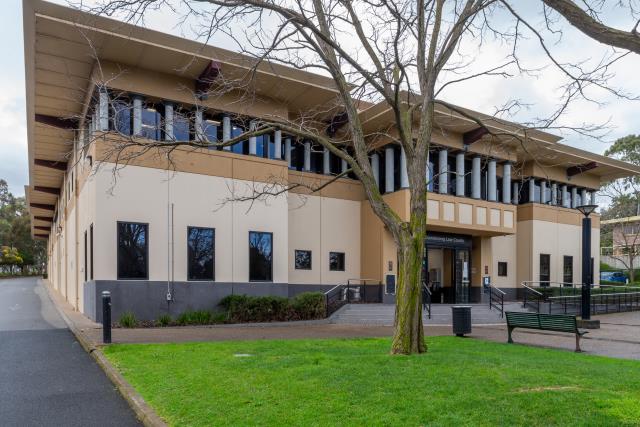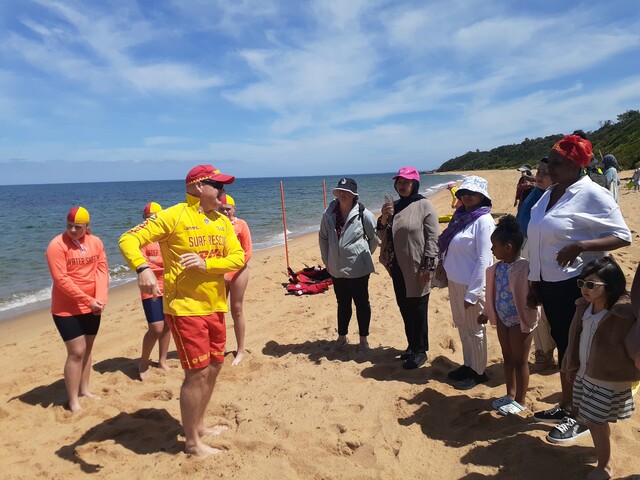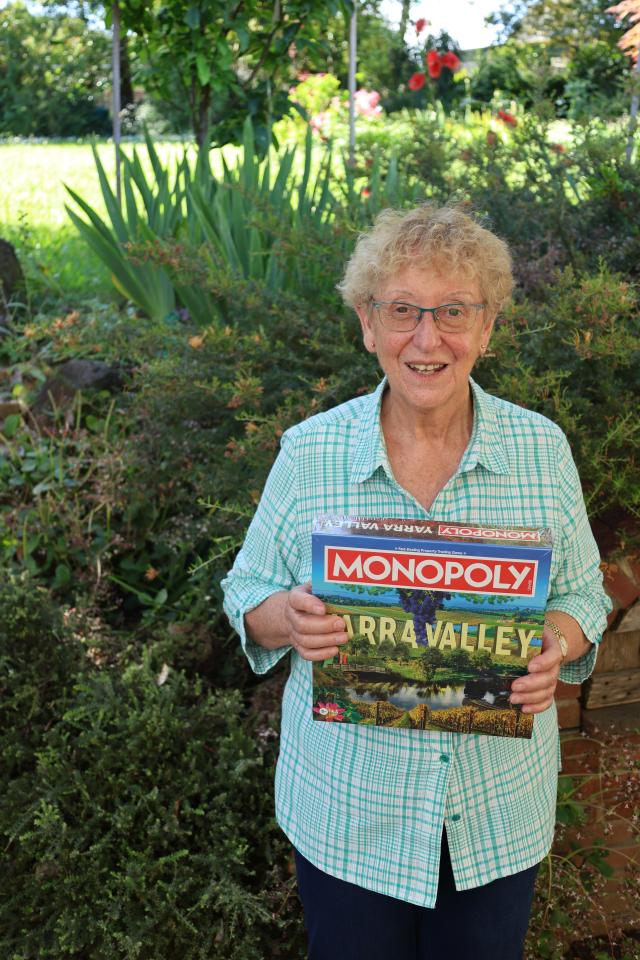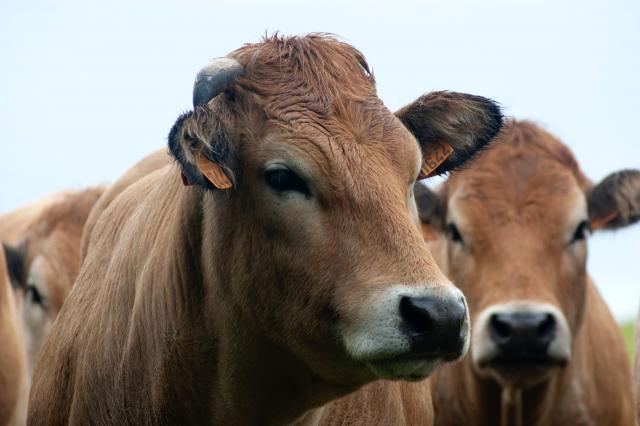The Cardinia Environment Coalition (CEC) ran their first of a series of public talks on Tuesday 29 March at Deep Creek.
The sessions will be on a range of environmental matters pertinent to the Cardinia Shire Council with guest speakers to give in-depth information about the issue.
The CEC hopes the talks will become a monthly staple.
The inaugural topic was lively lyrebirds, with guest speaker Dr Alex Maisey informing the audience about the significance of lyrebirds within the ecosystem and threats they have faced.
There were concerns over lyrebirds’ regional population in the Dandenong Ranges in the 1980s due to predators and local land use change, but the forest is currently at natural carrying capacity, according to Dr Maisey.
As well as the Dandenong Ranges, lyrebirds can be found in Toomuc Valley and RJ Chambers Reserve, Pakenham Upper, in the Cardinia Shire Council.
Dr Maisey from La Trobe University did a PhD on the role lyrebirds play as ecosystem engineers, which involved learning about how the birds physically alter the environment in ways that impacts other species, knowledge he passed on during the 40-minute talk.
Meghan Lindsay was pleased with how the inaugural event went.
“One of our main purposes was to provide the community with education about environmental issues so we wanted to start this talk series to give people the opportunity to learn more about different environmental topics,” Ms Lindsay said.
“I thought Alex gave us a great talk about lyrebirds and the impact of bushfires and feral animals and a bit about his career journey.
“We had a great turnout, everyone was really captivated by Alex’s deep knowledge on lyrebirds and his great stories and beautiful photos so we were really happy with how many people came along and everyone asked heaps of questions and we seemed to have a really good night so I think it went really well – we were happy with it.”
Lyrebirds are an important part of the ecosystem because of the volume of soil they turn over – 155 tonnes per hectare annually, making their activity one of the biggest disturbance processes.
Beyond the Cardinia region, southern lyrebirds were also affected by the 2019/20 Black Summer bushfires as over 50 per cent of their habitat was lost.
To stay informed about the CEC’s upcoming sessions and events, visit their Facebook page or subscribe to their newsletter.

